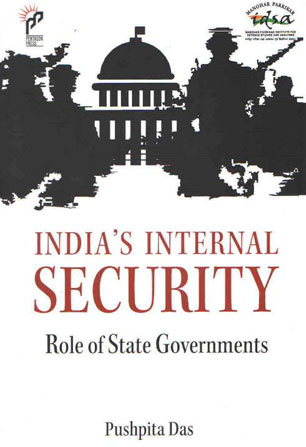Terrorism on the Decline in Jammu Region
Terrorism has been wracking Jammu & Kashmir over the last two decades and the state has seen various shades of terrorist activities - from the violent aggressive phase involving fidayeen attacks on the camps of the security forces (SF) to the car bomb attacks that were witnessed last year to the present phase of grenade attacks, which can be considered a low cost but high impact option for the terrorists. Terrorist activities are presently more pronounced in the Kashmir Valley, whereas the number of terrorist initiated incidents have reduced in the Jammu region.
- B. S. Sachar
- September 19, 2006









